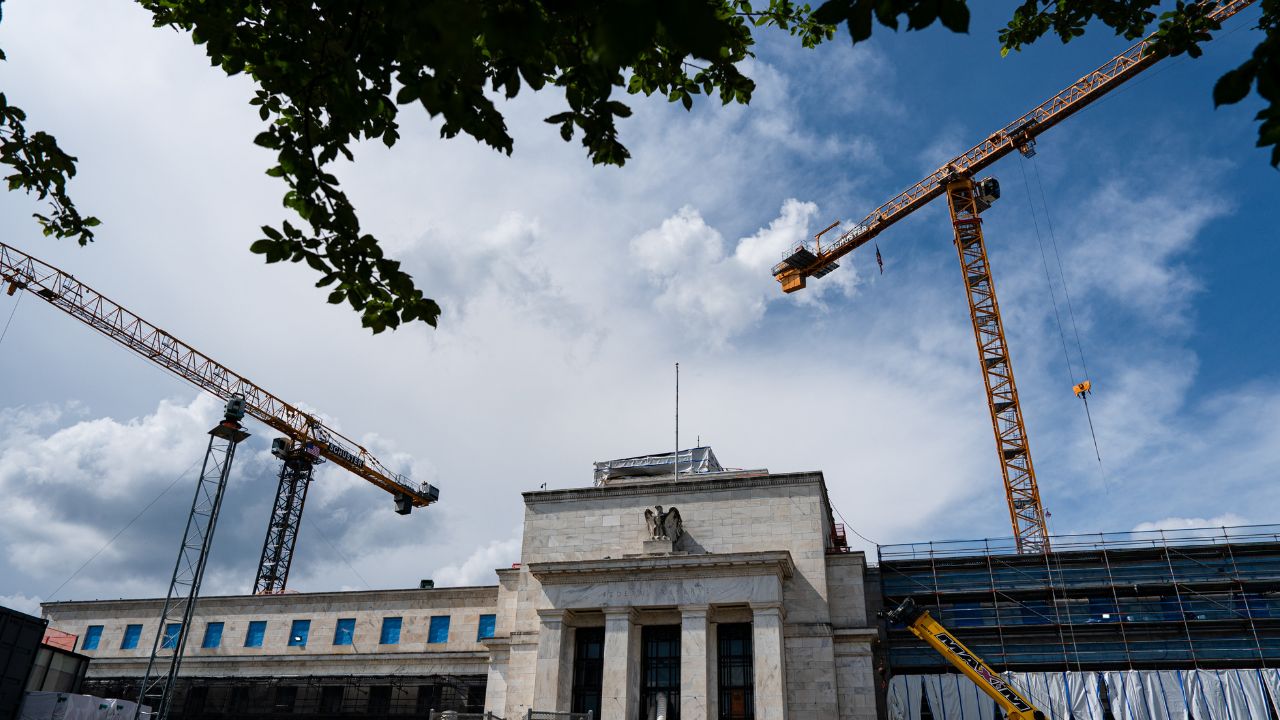FCC proposal would shrink broadband deployment goals


The Federal Communications Commission is changing how it approaches broadband deployment under Donald Trump's second administration.
A new proposal from FCC chairman Brendan Carr would lessen the federal agency's focus on broadband affordability and lower the ceiling on its long-term ambitions for broadband deployment, per Ars Technica. The proposal, which goes to a vote in early August, would ultimately make it easier for the FCC to provide passing grades to the broadband business during its regular progress reports.
Federal law requires the FCC to figure out whether or not fast internet is being offered to Americans "on a reasonable and timely basis" and to fix the situation if the answer is no. Carr wants to change things so that the FCC no longer worries about "extraneous universal service criteria," such as whether or not people can actually afford the internet service that's being offered to them.
Similarly troubling for those who advocate for better internet for more people is that the FCC wants to eliminate a long-term goal set during the previous administration for broadband internet to meet a standard of 1,000Mbps download speeds and 500Mbps upload speeds. For years, the standard for what counted as "broadband" according to the FCC was a meager 25Mbps/2Mbps, which are speeds that won't get you very far these days. As of 2024, the standard is 100Mbps/20Mbps, which are far more in line with normal, usable internet speeds, but certainly not as fast as the 1 gigabit goal set during Joe Biden's time in office.
It's not hard to see how this manner of deregulation will affect customers around the U.S., especially in areas with poor broadband access. If ISPs don't have to worry as much about deployment and affordability as they used to, and they can get passing grades on the annual report card more easily than before, then there aren't as many incentives to increase affordable access to high-speed internet.



















































.png?Expires=1838763821&Key-Pair-Id=K2ZIVPTIP2VGHC&Signature=IO0~CT3pU-TcxGc~yoZSmoQx23MZVuK-~4jSii~NKEblRmyO3el7NXPu~Rh1o23voASg7hlcHLw4kvQuDK1jssEhcjoNBBvEpZ~GGOAU6yosBhpHpeF179F~h7i6VxmsBNh9gtTutkoqY73O2YCFey~IAqSzKbBqETP1kP9cAg1916Z1YkJJs-5MliMrkZ5d7-mWGLbpHp2wGj2VlMph8XzYlL4~y1O7fB~JdIS~Rs4RMRs2x0WT1qUIpHAsf3GdwtOyAmKFSpIg8xCyNGZZ5h~13nXlmpd7uPvW8tBfttpG9pFTqcway-uch5WyfHOEfi7UlJCOWrr6fCYY5PMgSg__)







